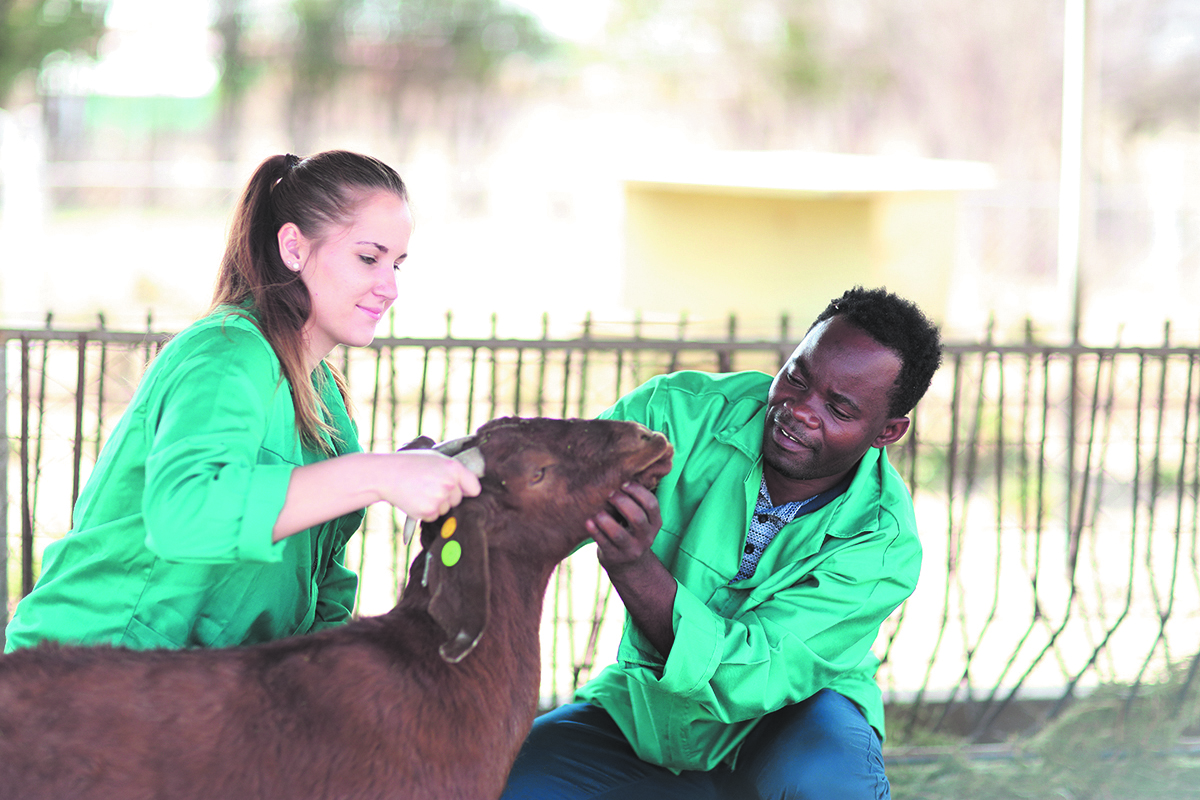The University of Namibia (Unam) Faculty of Agriculture, Engineering and Natural Sciences, offers a variety of courses in agriculture and fisheries sciences.
Below are the main courses offered:
CROP SCIENCE
Crop science is the scientific knowledge, learning, practice and understanding of the cultivation, management, processing and production of crops and how scientific principles can be applied to each of these.
Crop science is being learnt, studied and applied in countries all around the world to contribute to the effective cultivation, management, processing and production of crops.
ANIMAL SCIENCE
Animal science is the study of animals that live alongside humans. Around the world, humans rely on animals for food, fibre, labour and companionship. Animal scientists help us understand and manage these animals.
An animal scientist applies principles of the biological, physical and social sciences to the problems associated with livestock production and management.
AGRICULTURAL ECONOMICS
The profession of agricultural economics was born out of the attempts to address two questions: (1) “what is the shared relationship between the agricultural sector and the rest of the economy?” and (2) “how can farms be managed more efficiently?”
Agricultural economics focuses on the management of these processes at farm, regional, national and international level. It incorporates the study of natural resources, agribusiness, the processing and marketing of agricultural products, as well as the analysis of a range of macro-economic factors from politics to institutions to economic policy.
FOOD SCIENCE & TECHNOLOGY
Food science and technology deals with studying food compositions as well as looking for ways to refine it.
Food scientists conduct experiments to improve the safety of foods, increase the number of days they can stay edible, enrich the taste of foods, and even add to the nutritional benefits of the things we eat.
FISHERIES & AQUATIC SCIENCES
Aquatic refers to living or found in or near water. The fisheries and aquatic sciences course aims to introduce students to fisheries, aquaculture and coastal resource management issues, as well as to the scientific methods and tools for investigating the issues.
The course expects to build the needed human capacity that could support the government in achieving its development goals. These goals vary from food security, biodiversity conservation, poverty reduction and sustainable management of Namibia’s fisheries, coastal and marine ecosystems to provide long-term goods and services to communities.
Stay informed with The Namibian – your source for credible journalism. Get in-depth reporting and opinions for
only N$85 a month. Invest in journalism, invest in democracy –
Subscribe Now!






